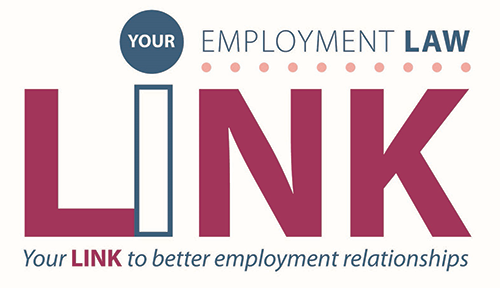Working from home – keeping the work ticking over

Workplace Policy
Working from home is probably unchartered territory for your business and everyone will need to change and adapt to these circumstances. To keep things running smoothly your staff will need to know what your expectations are of them. They also need to know what they can expect from you. Having a clear policy in place with expectations outlined ensures everyone is on the same page. The success of a working from home arrangement is determined by the clear expectations and ongoing regular open communication.
Expectations
Some areas of expectations that should be covered in a working from home policy include:
-the hours and days to be worked from home;
-the times your staff will need to be available (via phone, email or Skype etc);
-what confidentiality measures are in place to protect client information, where necessary; and
-what ways supervision and communication between you and your staff can be maintained.
Accountability
When your staff are working from home a level of trust and confidence between you both is crucial to ensure the success of the working relationship. Working from home means just that, working and not sitting around doing nothing. There are measures you can put in place to appropriately monitor what your staff are doing during work hours including recording tasks as they are completed.
Recording/Logging Work
As it is hard for you to assess productivity and performance from home, keeping a record of completed tasks is a good way to ensure your staff are carrying out tasks as necessary.
You can provide your staff with a template task list with generalised headings to record their daily tasks. This way each staff members’ tasks are recorded on the same system and easily analysed.
Availability
Some of your staff will have a work phone which they should be expected to be available on during all work hours. If your staff do not have a work phone, they should have a work email or a personal phone to keep in touch with you. All staff should be expected to be available during work hours.
Keeping In Touch
Some staff will have a work phone and/or work computer to use at home and if not these should be provided by the employer. You and your staff should have regular contact. Where there are no issues with internet connectivity it is not unreasonable to expect your staff to be “online” and available to be messaged during work hours as well
Health & Safety at Work
If your staff work from home, you must still consider your obligations under the Health and Safety at Work Act 2015. You have a duty to ensure your staff’s safety so far as is reasonably practical, which is a lot easier to control in the workplace than it is when your staff are working at home.
What you can do is include in a working from home policy, guidelines on health and safety obligations and expectations in the home. This could be a requirement that staff ensure their work space at home is comfortable, ergonomically sound, free from hazards and that they take regular scheduled breaks.
In some cases it may be necessary to have a policy in place to protect the additional risk of data security, taking into account how communications are kept secure. If your staff use a laptop out of the workplace consideration needs to be given as to the level of personal use of also.
Calling In Sick
When working from home staff are expected to be doing just that. Working from home means working at capacity. If your staff are meant to be working from home and they are unwell they need to let you know as soon as is reasonably possible. Staff should behave as if they were working in the office meaning if they are too sick that they would not have been able to go into work then they should consider themself too sick to carry out their job at home.
Managing Personal Matters
it is important when working from home to psychologically be able to separate home and work life. The best way to do this is to have a dedicated work space, not using the kitchen table in order to clearly delineate the difference between being in work-mode or not. Having a dedicated workspace not only benefits your staff working from home but also those around them by minimising disruption to family members and clients alike and further assisting privacy, especially where confidentiality may be a concern.
The best way to be successful working from home is to set up a routine, similar to what your staff would have in an office environment. Make sure they take scheduled breaks. Taking scheduled breaks helps to assist productivity, creativity and helps to prevent work-related fatigue.
Isolation & Segregation
When working from home there are some potential issues. There is the potential for isolation and lack of regular face-to-face interaction with colleagues, clients and other members of the professions. There is also the risk of home life impinging on work life and vice versa. In some cases there are possible risks to confidentiality, privacy and the safety of customers or clients and other people living at the residence.
As an employer, you need to make sure to check in with your staff on a regular basis. This could be through phone calls or video calls.
Published on Friday, March 27th, 2020, under Blog


